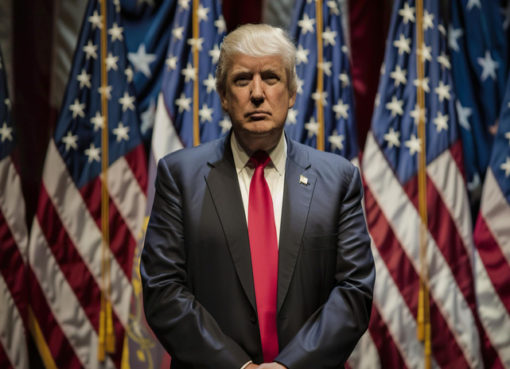By compelling influential political leaders and bureaucrats to share their virtual currency investments, South Korea hopes to heighten transparency surrounding public-sector finances.
South Korea is set to begin disclosing the cryptocurrency holdings of top public officials beginning in 2024, marking a monumental push toward transparency and accountability in government services. According to an announcement from the Ministry of Personnel Management, approximately 5,800 elected officials and government employees will need to report their crypto assets next year.
The disclosures are part of South Korea’s public ethics and transparency initiative system, which tracks property registration and reviews for public service members. The requirements come on the heels of new legislation passed this May that now includes cryptocurrency as a mandatory component of yearly asset declarations.
By compelling influential political leaders and bureaucrats to share their virtual currency investments, the country hopes to heighten transparency surrounding public-sector finances. The registry could also unveil any conflicts of interest stemming from policymakers with substantial crypto holdings that stand to benefit from related regulatory decisions.
Kim Seung-ho, Director of Personnel Management, attested to this in the report. He said:
“We expect that the transparency of the public service community will be further increased through the implementation of an integrated service for public official property disclosure and property registration of virtual assets. We will make thorough preparations to ensure that improvements are implemented without a hitch in the field, while continuing to establish public service ethics. We will seek various means to achieve this.”
South Korea’s Crypto Exchanges Will Also Become More Accountable
Assisting the asset disclosure process, South Korea’s largest cryptocurrency exchanges – Upbit, Bithumb, Coinone, Korbit, and Gopax—are building a dedicated reporting system aiming to launch in June 2024. The exchanges intend for the infrastructure to seamlessly connect virtual asset accounts with the government’s public registry database. According to the report, the information will make it easy to access the virtual holding status that can be used when registering properties.
Furthermore, starting in 2024, South Korean companies involved in trading or issuing cryptocurrencies will need to adhere to updated accounting standards set by the FSC. These standards require them to disclose detailed information about their holdings and activities. This includes specifics about the tokens they use, their business models, accounting methods, and more.
In June of this year, South Korea’s National Assembly passed 19 bills aimed at improving the supervision of virtual currencies. These bills granted direct oversight authority to the Financial Services Commission (FSC) and the Bank of Korea. Lawmakers are also working on additional laws to establish a clear licensing framework for crypto exchanges and set penalties for misconduct.
With crypto holding disclosure requirements also extending to corporate entities next year, regulators can now better monitor transactions and identify any potential compliance violations or fraud. Some experts believe the transparency initiative may motivate citizens and enterprises to more thoroughly report their taxes as well.
With billions of dollars now flowing into cryptocurrencies globally, South Korea’s 2024 transparency policies set an example for responsibly tracking assets amongst decision-makers without hampering financial innovation. As crypto adoption continues to rise in the coming years, the public disclosures could also motivate other governments to follow suit.




